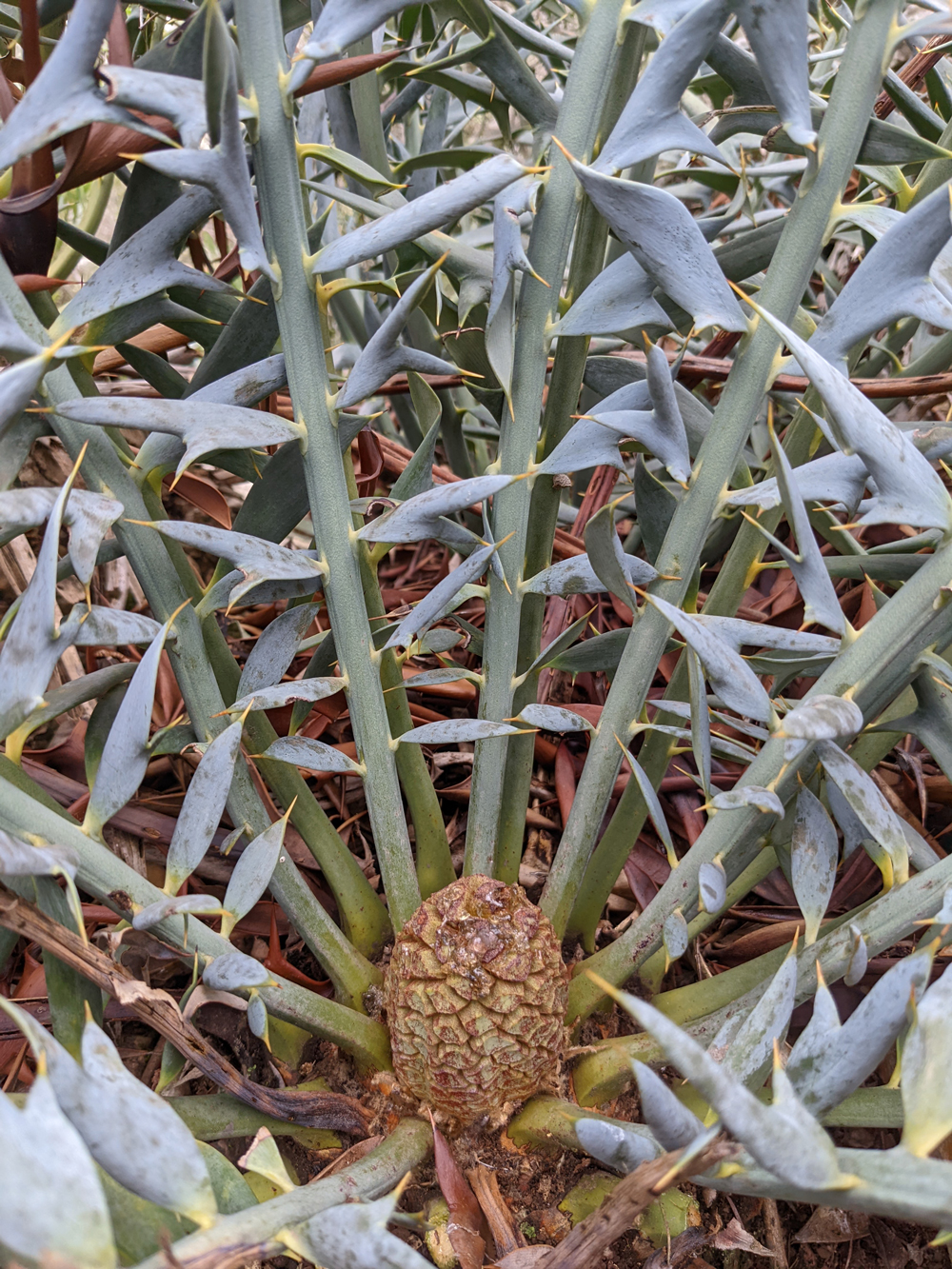SPECIAL ISSUE CALL FOR PAPERS:
From Theory to Practice:
New Innovations and Their Application in Conservation Biology
 Applications in Plant Sciences (APPS), the Botanical Society of America’s (BSA) open access journal highlighting new tools and protocols across the plant sciences, is organizing a special issue titled “From Theory to Practice: New Innovations and Their Application in Conservation Biology” to help celebrate its 10-year anniversary.
Applications in Plant Sciences (APPS), the Botanical Society of America’s (BSA) open access journal highlighting new tools and protocols across the plant sciences, is organizing a special issue titled “From Theory to Practice: New Innovations and Their Application in Conservation Biology” to help celebrate its 10-year anniversary.
This special issue will be paired with a symposium at the Botany 2023 meeting in Boise, Idaho, to mark a decade of publishing papers supporting advancements and innovations across diverse areas of plant sciences.
Plant species are facing unprecedented challenges to their survival, growth, and reproduction due to numerous threats, including anthropogenic factors such as land use change, habitat destruction, climate change, and illegal poaching. The most urgent threats vary by region and species; thus, addressing individual threats to species survival worldwide will require broad knowledge of plant organismal function, ecology, and evolution and the creation of innovative, targeted tools and applications.
This special issue will feature new techniques and approaches across multiple disciplines (from physiology to evolution) and scales of inquiry (from individual plants to global perspectives), with a central focus on the development and dissemination of new methods and perspectives in conservation biology. We seek current work on the development and application of cutting-edge tools and software that link plant organismal function, ecology, and evolution to provide unique and effective conservation risk assessments and solutions. We are particularly interested in new methods in conservation biology with roots in many different fields of study (physiology, ecology, and evolutionary biology), highlighting advances in techniques from modeling to ground-tested methods in conservation biology.
APPS is particularly interested in submissions on the topics listed below. We welcome new techniques, but also reviews and thorough comparisons of existing techniques to point the community to best practices.
- Best practices for quantitatively modeling landscape-, community-, species-, or population-level dynamics to inform conservation need, planning, and/or action
- Novel conceptual frameworks or theoretical models to identify conservation threats, predict outcomes, or otherwise improve conservation planning or action
- Software or databases that host key data of species location and population status for identifying and tracking conservation concerns
- Best practices for managing ex situ collections including strategic breeding, selection of materials for outplanting, and identifying gaps and needs in the collection
- New approaches to determine the appropriate sampling scheme and method for capturing wild diversity (e.g., genetic and/or ecological)
- New techniques to combat poaching, including detecting the origin of individuals suspected of being poached
How to submit a proposal: Authors interested in contributing to this special issue should email a proposal that includes a tentative title, tentative author list, manuscript category, and a 200–300-word abstract. The abstract should explicitly address the topics of the special issue and explain how the proposed manuscript advances techniques, software, or resources in the plant sciences (note that reviews comparing different techniques are also welcome). Please send your proposals to apps@botany.org.
The deadline for proposal submission is April 4, 2023. Proposals will be reviewed by the Editor-in-Chief and the special issue editors. Authors will be notified by April 28, 2023, as to whether their proposal was accepted.
Authors whose proposals are accepted should submit their manuscript by October 1, 2023. Note that acceptance of a proposal does not guarantee the eventual acceptance of the manuscript, as all manuscripts will be rigorously peer-reviewed and held to the standards of the journal. The target date for publication of the special issue is early 2024.
Reduced article publication charges (at the BSA member rate) are available for papers accepted for publication in the special issue. Authors seeking a publication fee waiver should contact the APPS editorial office. For more information about journal scope, article types, and manuscript preparation, please see the Author Guidelines. Any questions may be sent to the APPS editorial office (apps@botany.org).
The Botanical Society of America and its publications are committed to inclusive science that reflects disciplinary, human, and geographic diversity. Submissions are welcomed from applicants of all ethnicities, races, colors, religions, sexes, sexual orientations, gender identities, socioeconomic status, national origins, disabilities, ages, or other individual status.
Best wishes,
Christopher Krieg (University of Wisconsin, Madison, Wisconsin)
Randall Long (Lewis & Clark College, Portland, Oregon)
Lauren Trotta (Institute for Regional Conservation, Delray Beach, Florida)
Special Issue Editors
Photo caption: Close-up view of an Encephalartos horridus cone with green-blue spiny leaves. Photo credit: Christopher Krieg